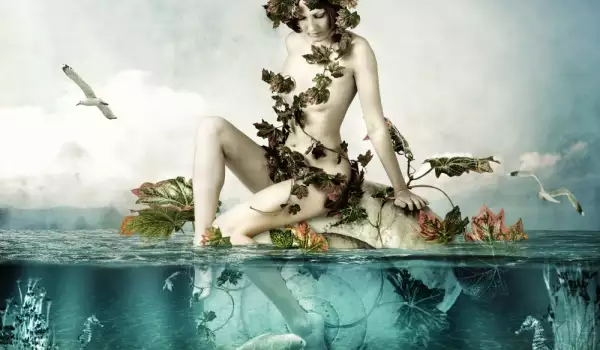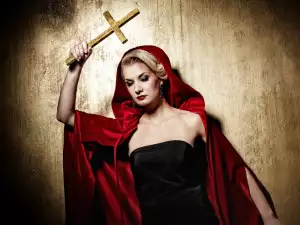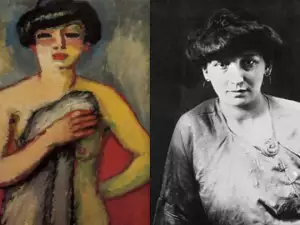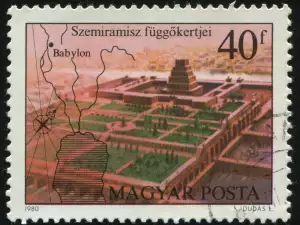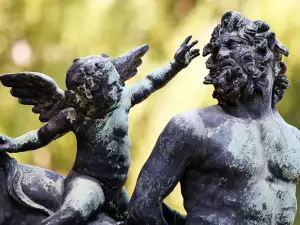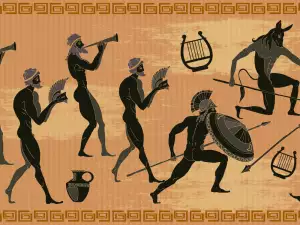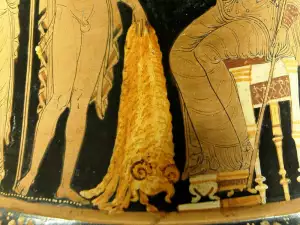Ancient Greek mythology gives us a complete and multilateral understanding of the world - about its creation and the way it was ordered, about the formation of important and sustainable values, about the ability to develop and improve. An inseparable part of Ancient Greek mythology are the Greek Muses.
These are the 9 goddesses who embody the arts and inspire creativity with their grace through song, acting, literary gifts, music and dance. It was believed that they controlled the past, present and future and that they had prophetic abilities. Here's who they were and the domains they ruled over.
Calliope is the Muse of science and more specifically of epic poetry. She is thought to be the oldest and wisest among all of the other Muses. Calliope is also the mother of the Thracian singer Orpheus. Often she is depicted with a stylus and wax writing tablet.
Polyhymnia is the Muse of hymnal poetry, originally the Muse of dance, later of pantomime as well. She is depicted veiled without any attributes. She brings acclaim to the writers whose works have achieved immortal fame. Polyhymnia is also known as the Muse of geometry, pantomime, contemplation and agriculture.
Urania rules over the domain of astronomy and astrology. She is depicted with a globe and pointer in hand. According to some Apollonian myths, she is the mother of the musician Linus.
Clio in Ancient Greek mythology is the Muse of history and epic poetry. She is the mother of Hyacinth. She is depicted with a scroll of parchment. Her name comes from the Greek word meaning to recount or to make famous.
Thalia, besides being a wife of Apollo, is the Muse of comedy and light poetry. In the myths she is often presented as the nymph Etna, who gave birth to twin demonic creatures from Zeus the Thunderer.
Melpomene reigns over tragedy. She is the daughter of Zeus and Mnemosyne. Often she is portrayed with a vine wreath, holding a tragic mask in one hand and a sword in the other.
Euterpe is the Muse of dance and lyrical poetry, which is why she is portrayed as a young woman with a flute. According to some writers, it was Euterpe who invented the double flute.
Erato in Ancient Greek mythology is the Muse of lyrics and love poetry, song and hymns. She is depicted with a lyre or kithara in hand.
Let's also not forget the Muse of dance and chorus, Terpsichore. According to some myths she gave birth to the sirens from the river god Achelous.
